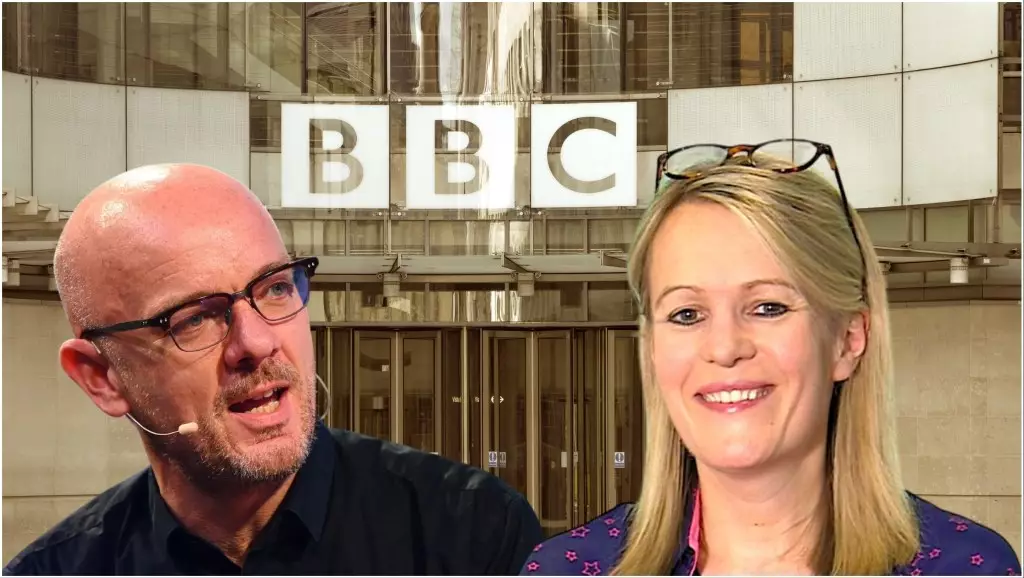The race to fill the formidable shoes of Charlotte Moore at the BBC marks a significant moment in the landscape of British television. With the recent decision by Patrick Holland, the executive chairman of Banijay UK, to remain at his current post, the dynamics of this high-stakes competition have undeniably shifted. Holland was widely deemed a frontrunner to take on the complex role of content supremo, given his extensive experience in the production sector. However, his commitment to Banijay underscores a growing trend among industry leaders: the allure of stability in a tumultuous media environment. In an age where the fast pace of change can leave even the most seasoned executives reeling, Holland’s choice highlights a cautious approach that may resonate with many potential candidates.
The Implications of Competitive Salaries
As this leadership battle unfolds, salary parameters are proving to be a pivotal factor influencing candidates’ decisions. With Moore’s hefty compensation of £468,000 ($628,000), there’s a palpable tension in how the BBC can appeal to external talents while facing competitive challenges from well-capitalized commercial broadcasters. The BBC’s struggle to match the financial incentives offered by its rivals has left many potential contenders reconsidering their options. The focus on remuneration may dilute the talent pool, reducing the corporation’s ability to attract visionary leaders who could innovate and drive the organization forward.
Kate Phillips: The Leading Contender
In light of recent developments, Kate Phillips has ascended as the most viable candidate for the chief content officer position. Her interim leadership, bolstered by significant operational support from colleagues, lends her a sense of authority and familiarity within the BBC’s intricate ecosystem. Many in the industry rally around Phillips due to her adept handling of departmental transitions, which casts a favorable light on her potential for a seamless transition into a permanent role. The nurturing of key relationships and the strategic vision she has demonstrated set her apart in a field that includes several other noteworthy candidates.
Broader Competition and Emerging Figures
The list of aspirants extends further, with notable names like Zai Bennett of BBC Studios Productions and Tom McDonald from Nat Geo entering the fray. This situation is also compounded by various high-profile withdrawals, such as Jay Hunt of Apple TV+ and Ian Katz of Channel 4. This exodus has fueled speculation about the appeal of the BBC’s strategic direction and how effectively it can engage top-tier talent in a competitive field. Meanwhile, industry insiders remain curious about the potential implications of this leadership transition, particularly in terms of international creative collaboration and the evolving content landscape.
As the BBC approaches a crucial juncture, the recruitment process, overseen by headhunters and influenced by the directive of Director General Tim Davie, becomes increasingly significant. The ultimate decision will not just impact the BBC’s internal operations but will also reverberate throughout the television industry, influencing creative output and strategic direction. This moment exemplifies a broader narrative about the future of public broadcasting in a competitive media landscape, where creativity and financial sustainability must find a delicate balance. The anticipation surrounding these leadership transitions is palpable, as the telecommunications sector watches closely to see how the BBC navigates this pivotal change.
